A lot of people think that eating healthy means giving up on your favorite delicious meals. But in reality, this simply isn’t the case. Many of the most nutritious foods in the world are also some of the most versatile and flavorful. If you’re looking to make smarter choices for the sake of your health, start with these powerhouse ingredients.
Spinach
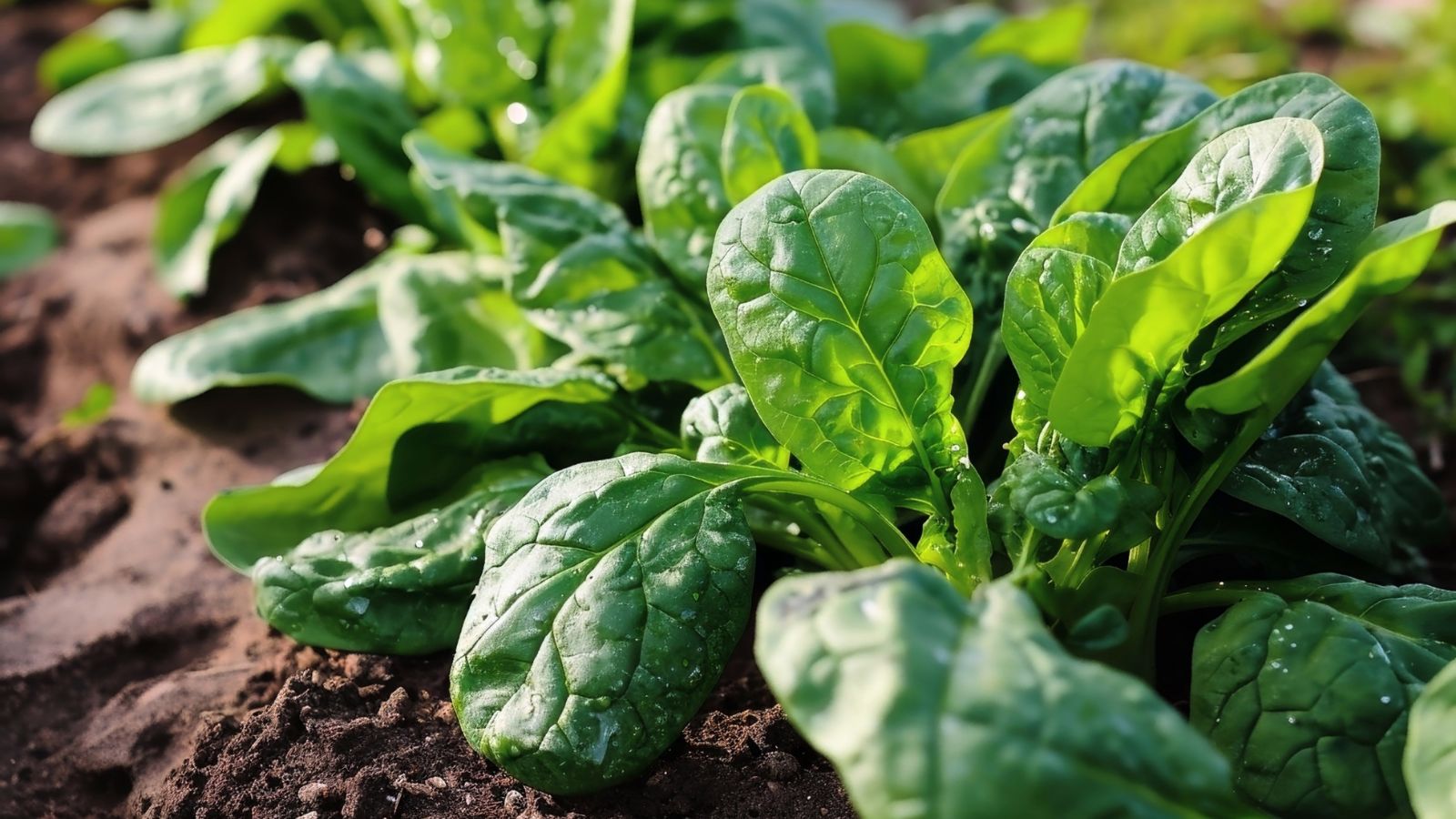
That’s right, we should all be taking a (spinach) leaf out of Popeye’s book. Spinach is packed full of iron, calcium, and several other vitamins, making it one of the most nutrient-dense greens you can eat. Because its flavor is fairly mild, it’s also easy to incorporate into smoothies, salads, or sautéed dishes.
Spinach is also high in antioxidants, which help combat inflammation and protect your cells from damage.
Blueberries

If you’re looking for a tasty yet guilt-free snack, blueberries make a great option. These tiny berries are bursting with antioxidants, especially anthocyanins, which give them their deep blue color. Not only are they sweet and low-calorie, but they’re also great for supporting brain health, improving memory, and reducing your risk of heart disease.
Salmon

If you’re looking to cut down on your red meat consumption but aren’t ready to convert to veganism just yet, salmon makes a wonderful choice. It’s satisfyingly meaty but also rich in omega-3 fatty acids, making it a top option for heart and brain health. It’s also a fantastic source of high-quality protein and essential vitamins like B12 and D.
Sweet Potatoes
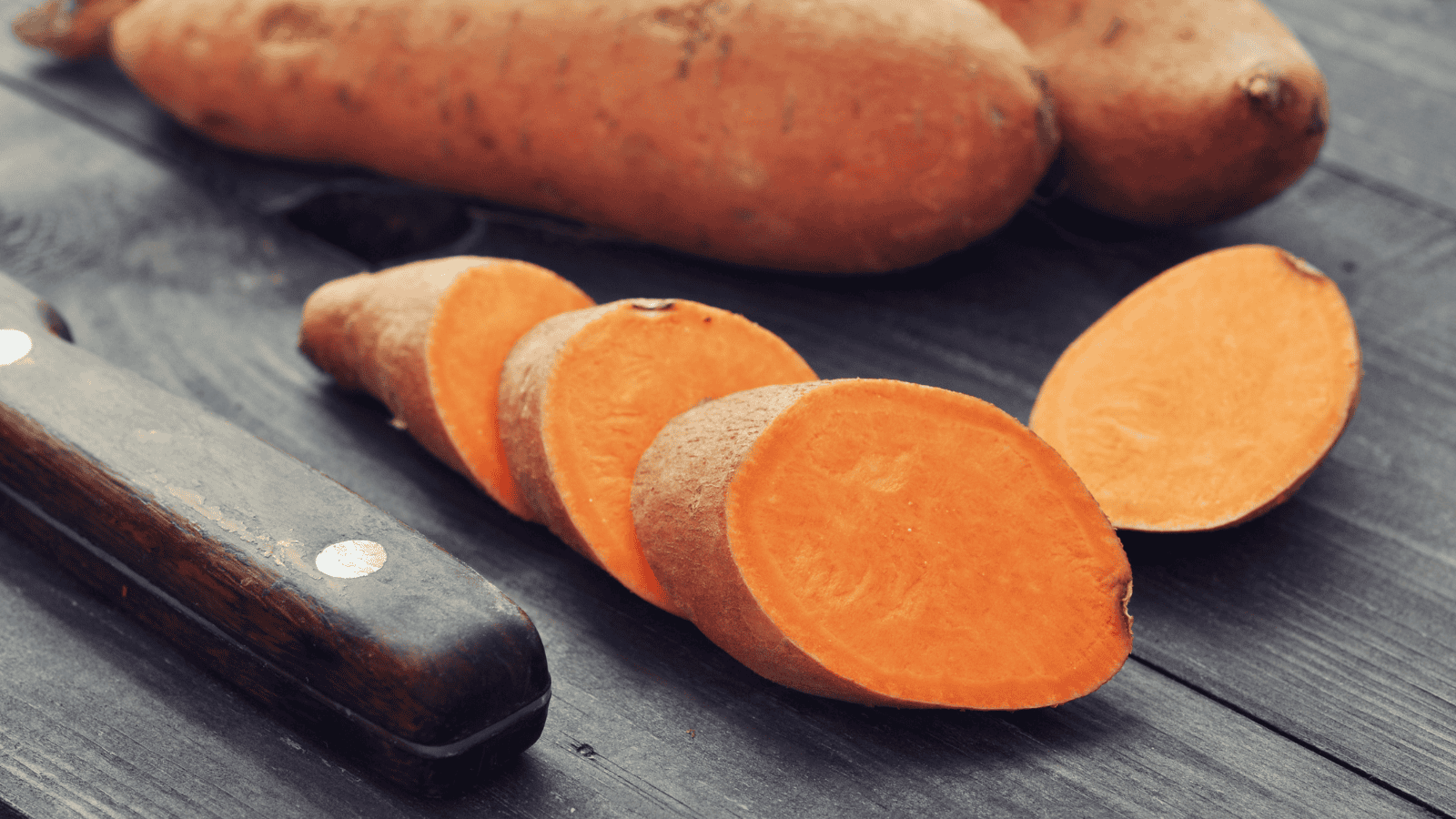
Potatoes are a staple in most people’s diets, but its underrated cousin is just as good and arguably a whole lot healthier too. Sweet potatoes are sweet, comforting, and packed with nutrients like beta-carotene, fiber, and potassium.
Their natural sweetness makes them a satisfying alternative to regular potatoes, and they’re easy to prepare—you can either roast them, mash them, or slice them into fries.
Quinoa
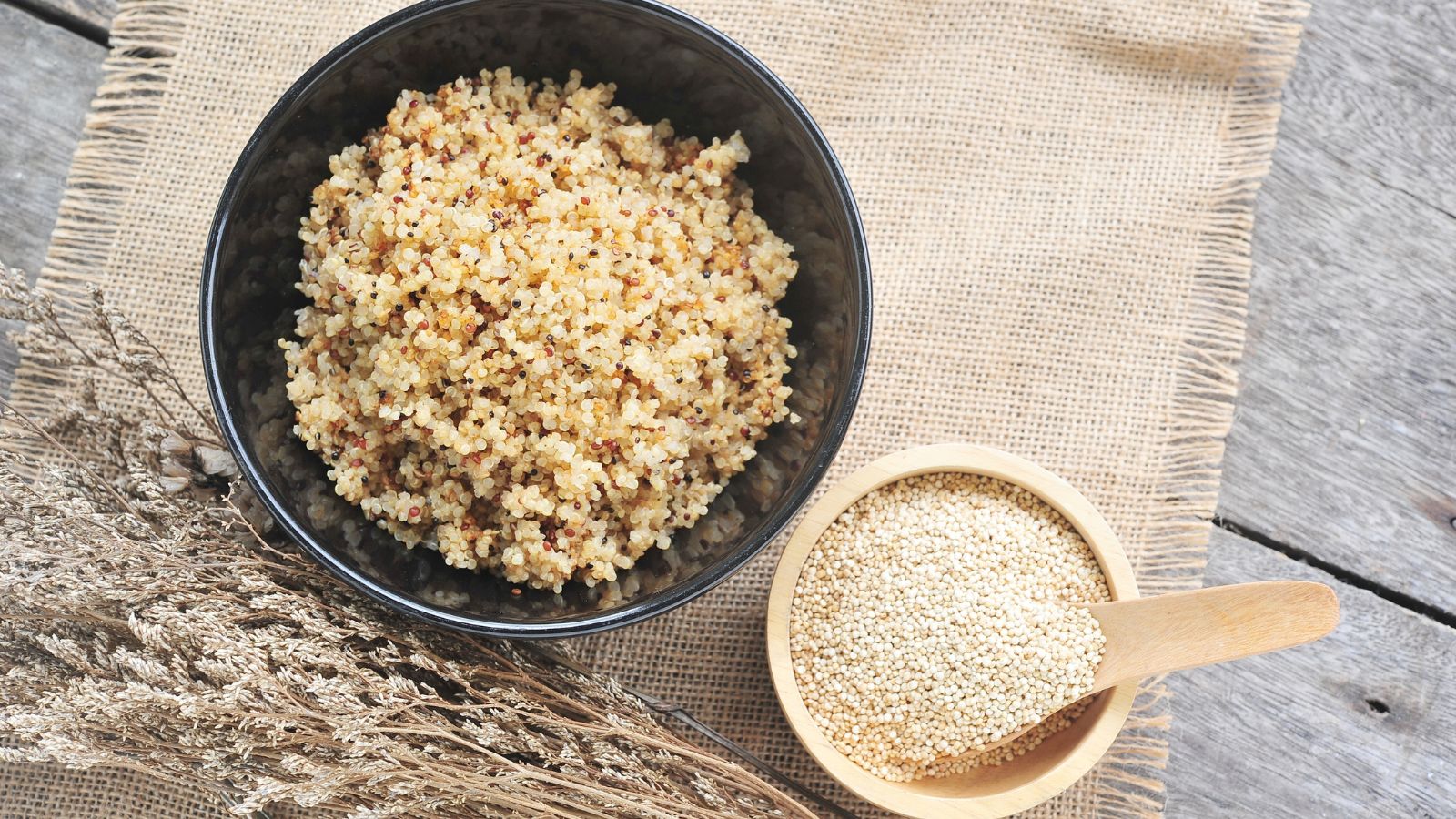
There aren’t a whole lot of complete proteins out there, but quinoa is one of them. This means that it contains all nine essential amino acids, making it a great choice for vegetarians and meat-eaters alike. This is also great news if you have a gluten intolerance because it’s completely gluten free. Quinoa is rich in fiber and iron too, helping to support your digestion and overall health. Use it as a base for grain bowls, mix it into salads, or serve it as a side dish for a nutrient-packed meal.
Avocados

Avocados strike the perfect balance between creamy indulgence and health benefits. They’re delicious and versatile but also a fantastic source of healthy fats that support heart health and brain function. What’s more, they’re full of potassium and fiber, which help regulate blood pressure and digestion.
You have plenty of options when it comes to preparing them. For example, you could spread them on toast, slice them into salads, or blend them into smoothies for a nutritional boost.
Greek Yogurt

There are so many unhealthy yogurt options out there today, full of sugar and laden with toppings. But Greek yogurt is here to save the day, with far fewer calories and plenty of protein and probiotics. This makes it one of the best things you can eat for gut health and muscle repair.
Broccoli
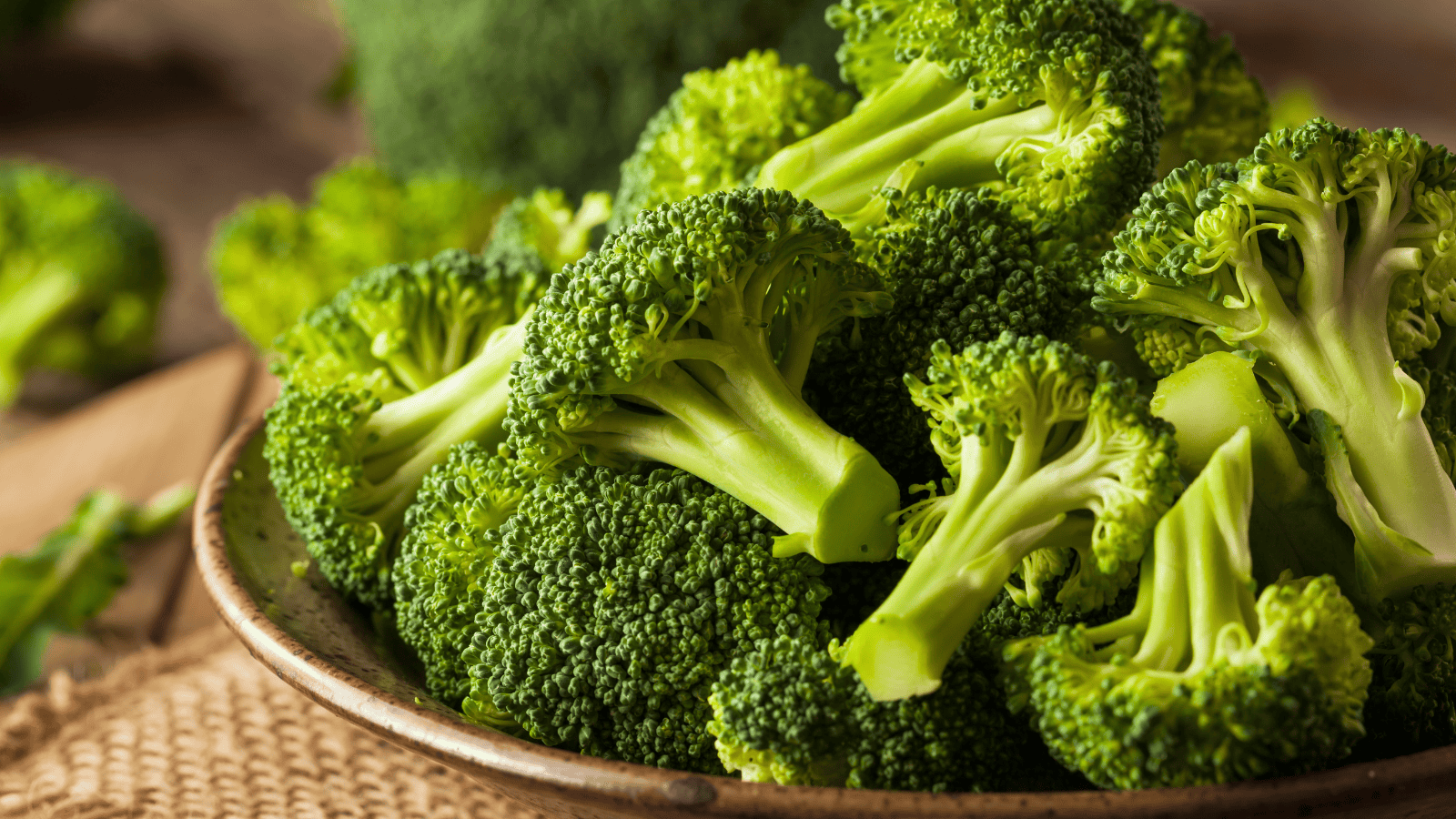
Broccoli is a favorite among veggie lovers, and for good reason. This cruciferous vegetable has a mild yet distinctive taste and is loaded with vitamins C and K, along with fiber and antioxidants. Broccoli has also been linked to improved immune function and reduced inflammation, making it a true superfood.
Almonds
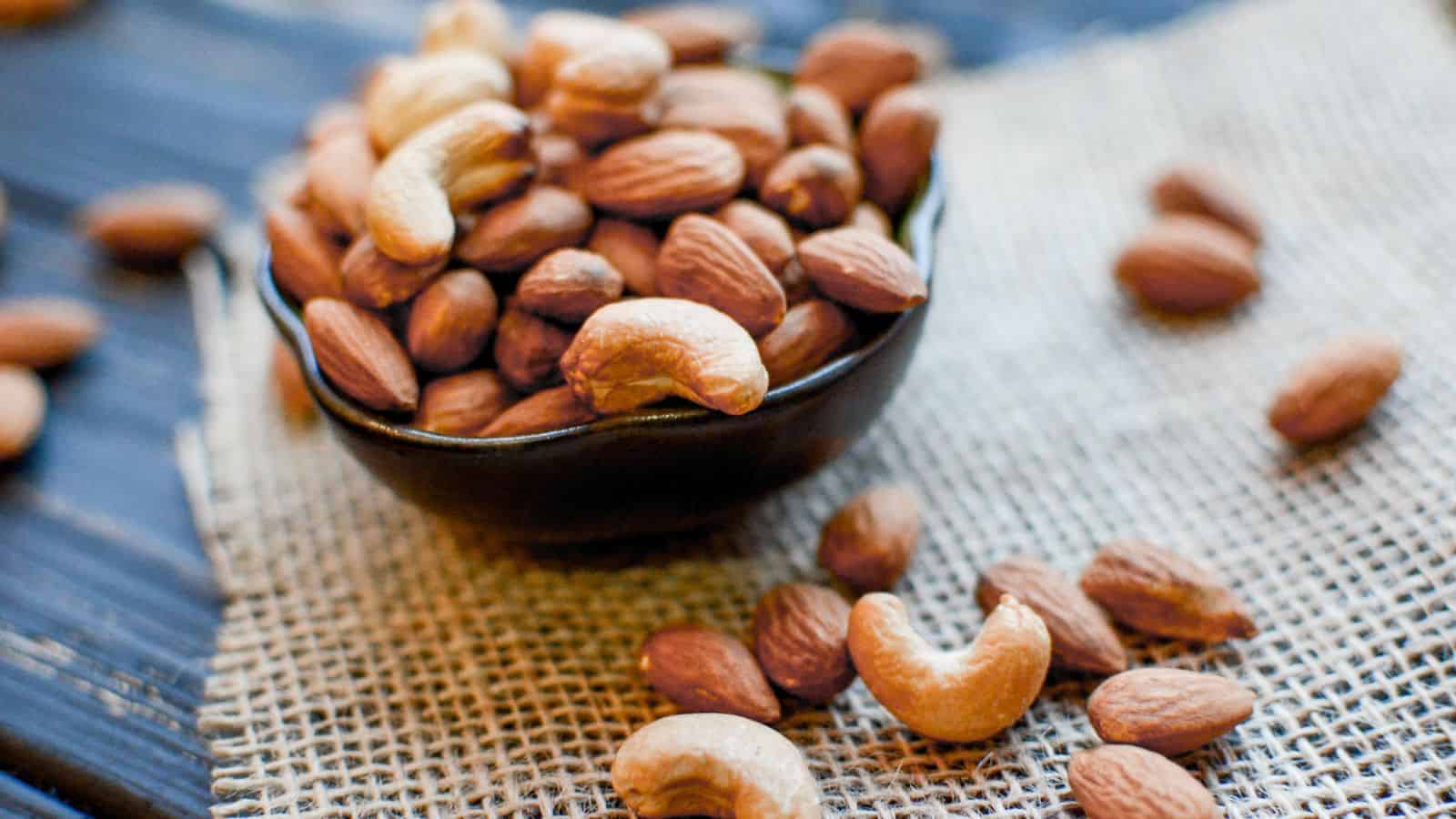
If you’re nuts about nuts, we’ve got some good news for you. Almonds are a truly nutrient-dense snack, packed with healthy fats, vitamin E, and magnesium. They’re great for heart health, and their protein and fiber content can help keep you full between meals. If you want to get more almonds into your diet, you can sprinkle them on salads, blend them into smoothies, or simply enjoy them raw.
Eggs

Did you know that eggs are one of the most complete sources of protein you can eat? Not only that, but they’re high in important nutrients like choline, which supports brain health. They’re also very versatile—you could scramble them, poach them, or hard-boil them for an easy yet satisfying meal.
Kale

Kale is yet another leafy green powerhouse on our list, offering an impressive range of vitamins, minerals, and antioxidants. It’s especially high in vitamin K, which supports bone health. While some people find that its taste can be a bit overpowering in smoothies, it always makes a great addition to salads or crispy kale chips.
Walnuts
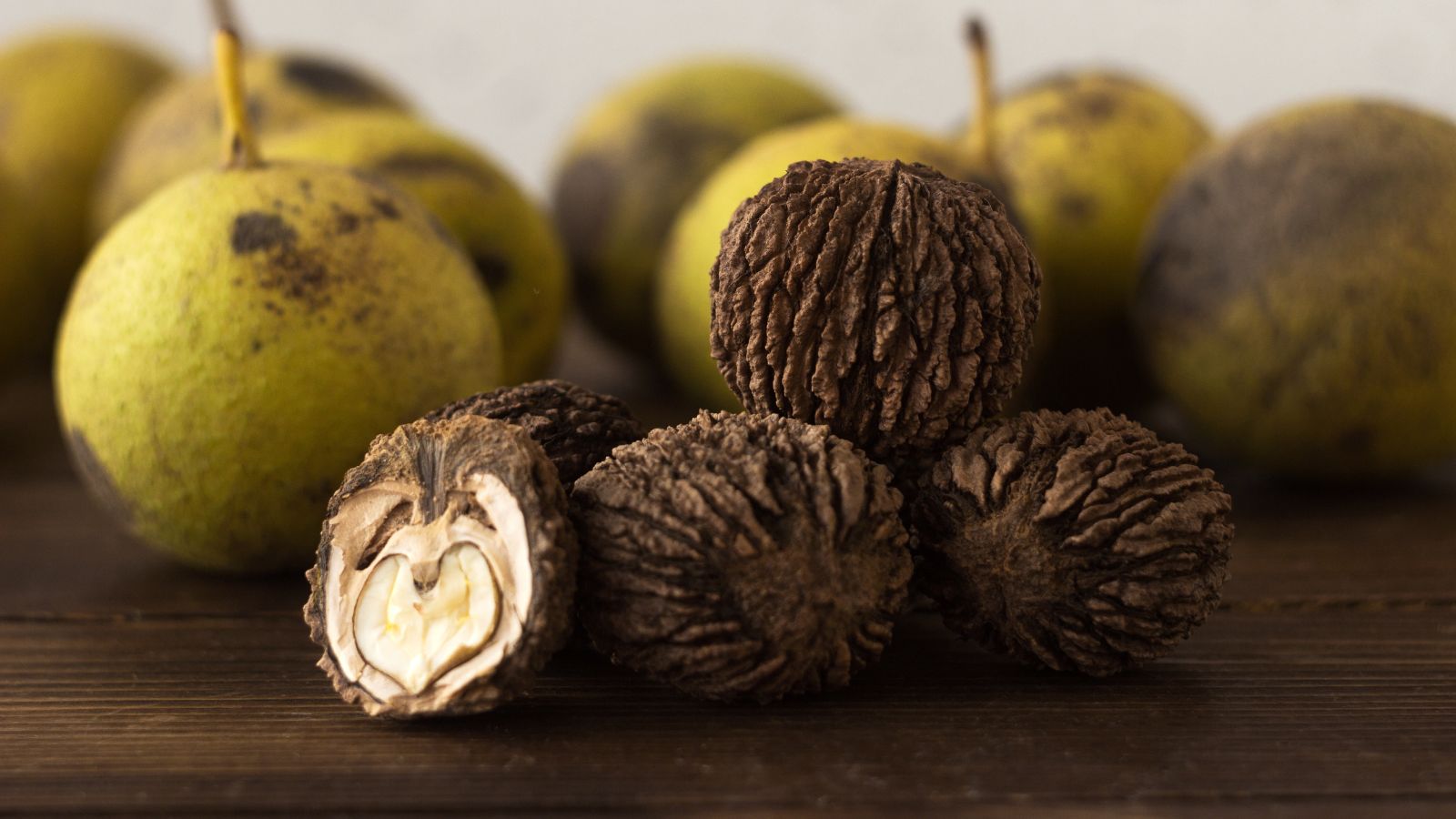
If you’re not the biggest fan of almonds, walnuts are another nutritious nut option on the menu. They’re full of omega-3 fatty acids, antioxidants, and a variety of vitamins and minerals that support your heart and brain health. Their earthy flavor makes them a great addition to oatmeal, salads, or baked goods.
Bell Peppers
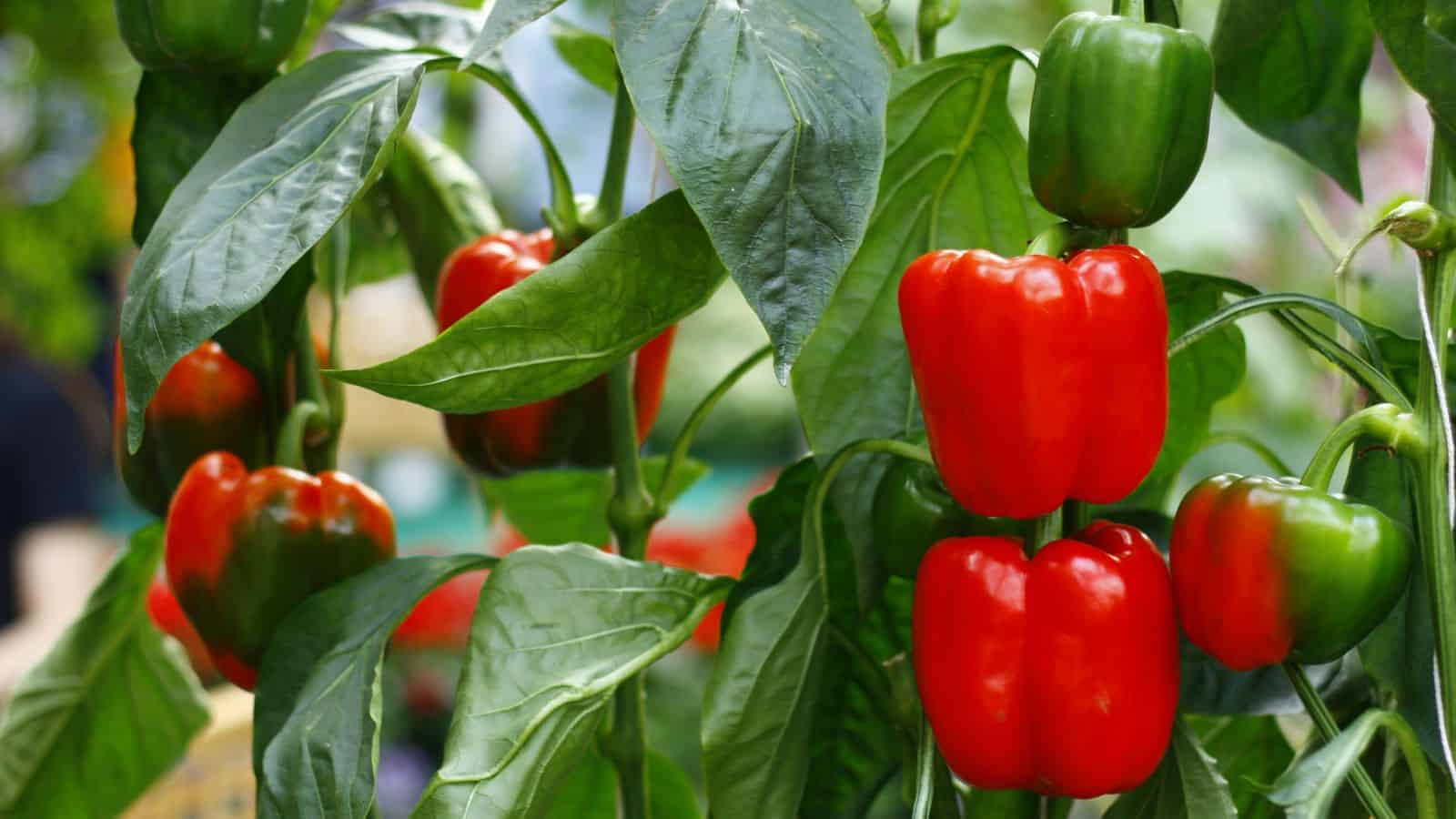
A lot of people love bell peppers for their bright and varied colors, but that’s not all they have to offer. These beautiful veggies are loaded with vitamin C and antioxidants and make a refreshing addition to salads, stir-fries, or snack platters. Remember that red, yellow, and orange peppers are slightly sweeter, while green ones have a more subtle flavor.
Lentils
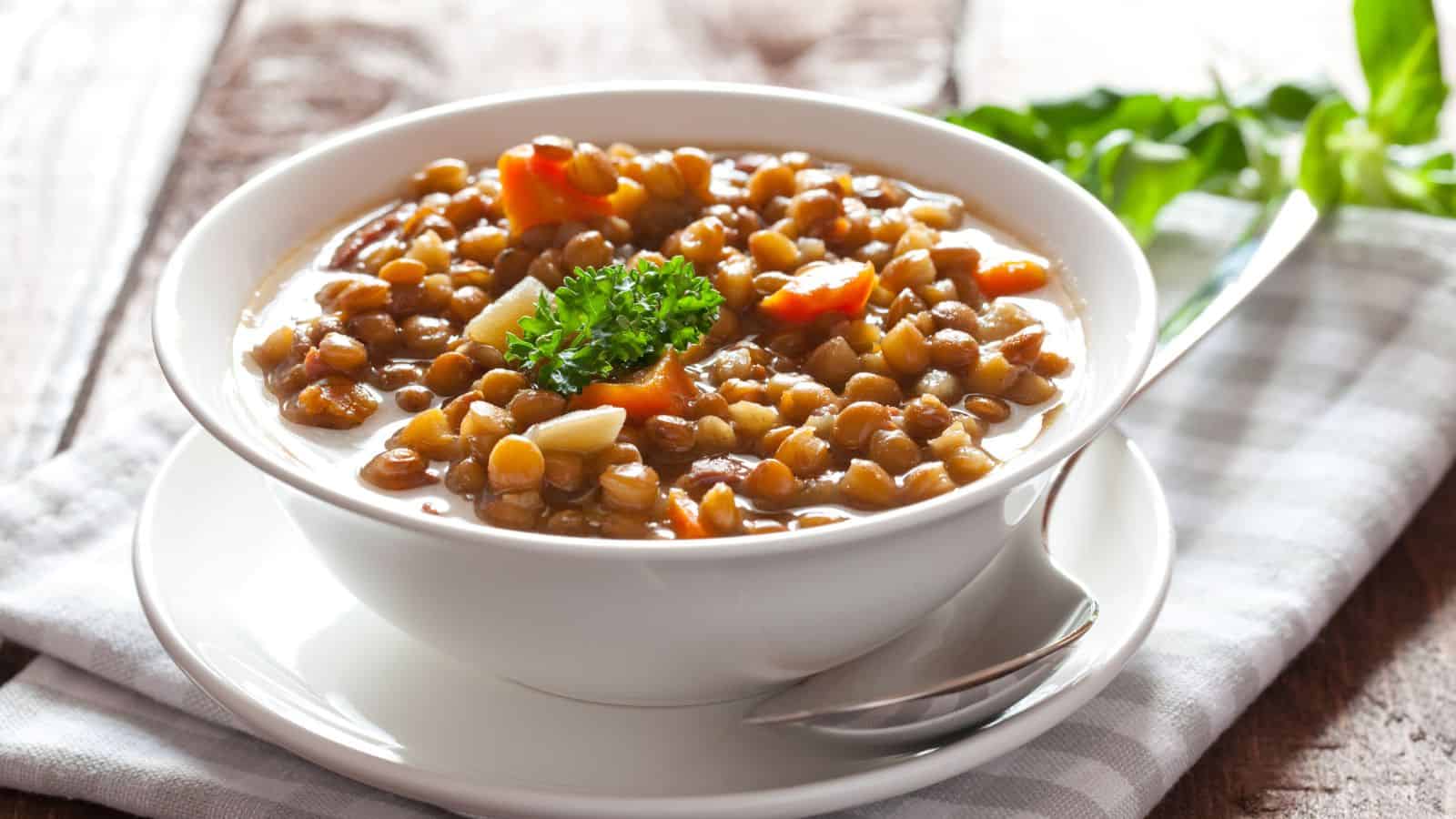
If you have a plant-based diet and are concerned about getting enough protein, lentils are a great option. They’re a real protein powerhouse and are also high in fiber, iron, and folate.
There’s a good reason they’re a staple in many cuisines, as they can be used in just about anything, whether that be soups, stews, salads, or veggie burgers.
Strawberries

Strawberries aren’t just delicious and eye-catching little fruits—they’re packed with vitamin C, antioxidants, and fiber too. These juicy berries work wonders for your heart health and are naturally low in calories, making them a guilt-free treat. Add them to yogurt, blend them into smoothies, or enjoy them fresh for a burst of sweetness.
Chickpeas

Chickpeas, which you may know as garbanzo beans, are full of fiber and complex carbs, making them a great energy source. They’re also a favorite among vegetarians and vegans, as they’re a wonderful source of plant-based protein. You can use them in salads, roast them for a crunchy snack, or blend them into hummus for a creamy dip.
Oranges
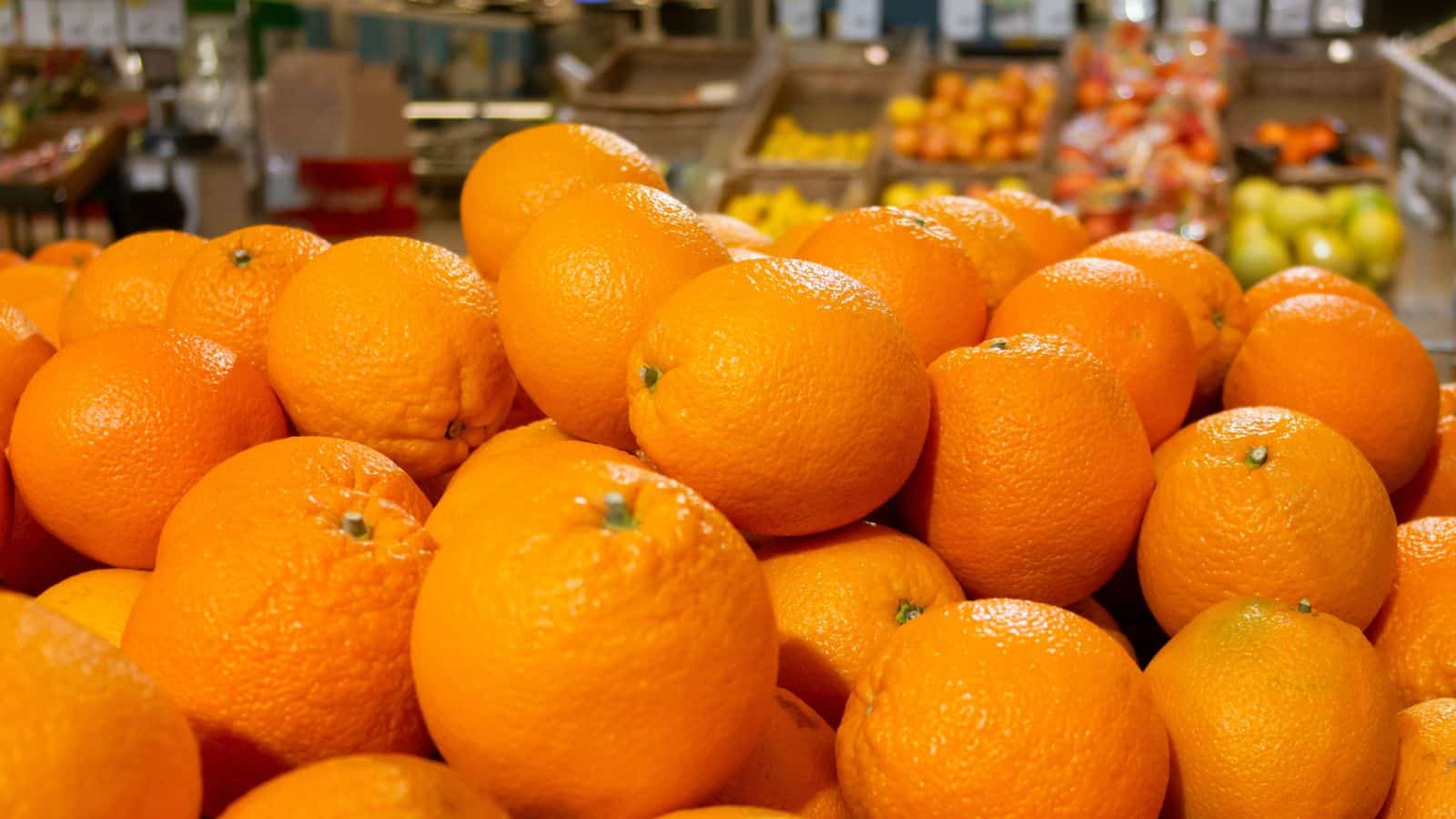
Famous for their impressively high vitamin C content, oranges are a refreshing way to boost your immune system and add more vitamins to your diet. They’re also rich in fiber and water, making them hydrating and satisfying. Eat them as a snack, add them to salads, or squeeze them for fresh juice.
Tomatoes
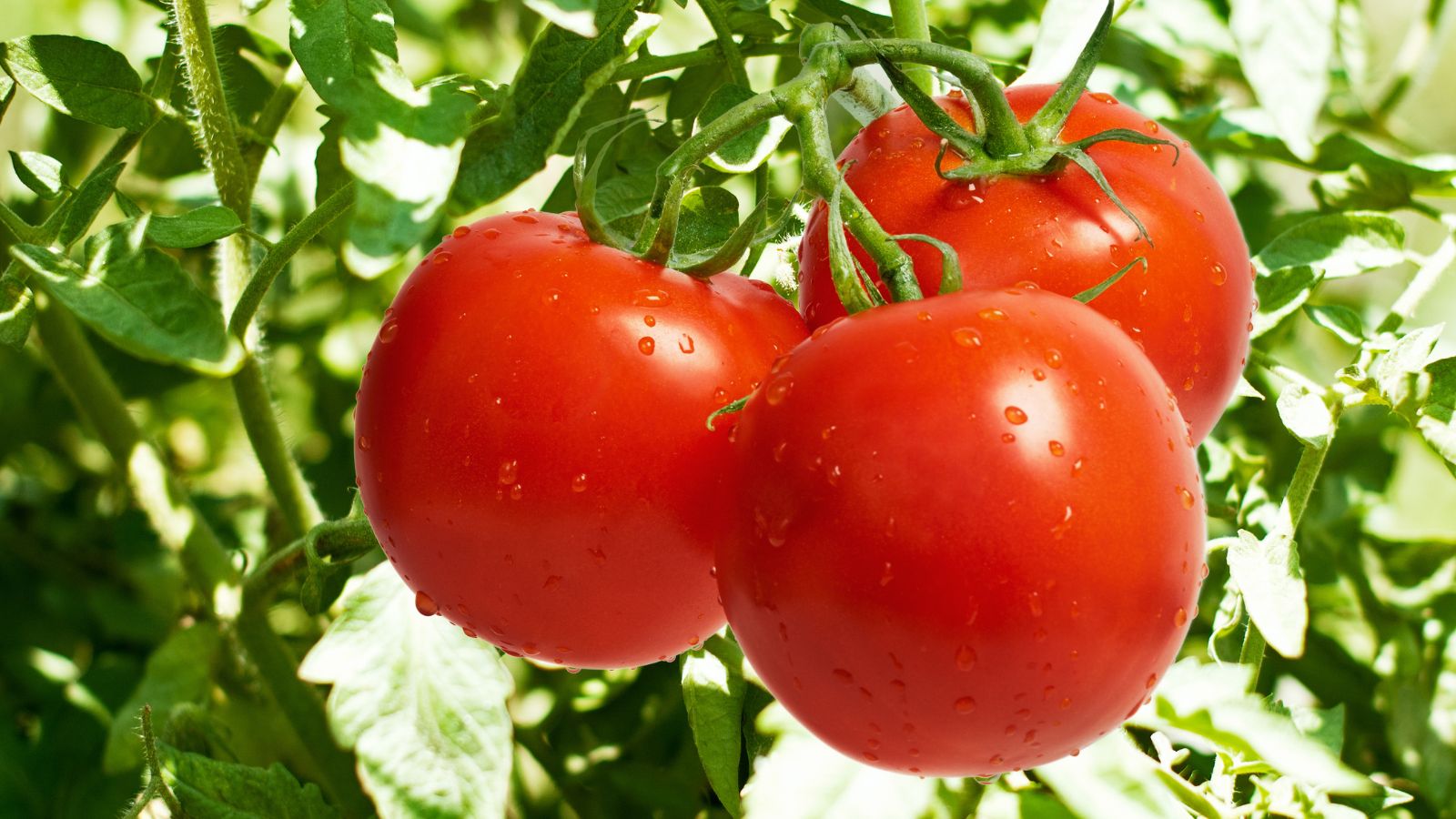
You can find tomatoes in just about any kind of dish, from salads to sandwiches and sauces. But they’re not just great because of their versatility. Tomatoes are rich in vitamins A and C, potassium, and the antioxidant lycopene. They support heart health and may help reduce the risk of certain cancers.
Dark Chocolate

Good news chocolate lovers: you don’t need to give up on your favorite treat to be healthy! A little indulgence can be good for you, especially when it comes to dark chocolate. Varieties with 70% cocoa or higher are packed with antioxidants that support heart health. Enjoy it in moderation as a dessert or snack, pairing it with nuts or fresh fruit for an even healthier treat.
Garlic
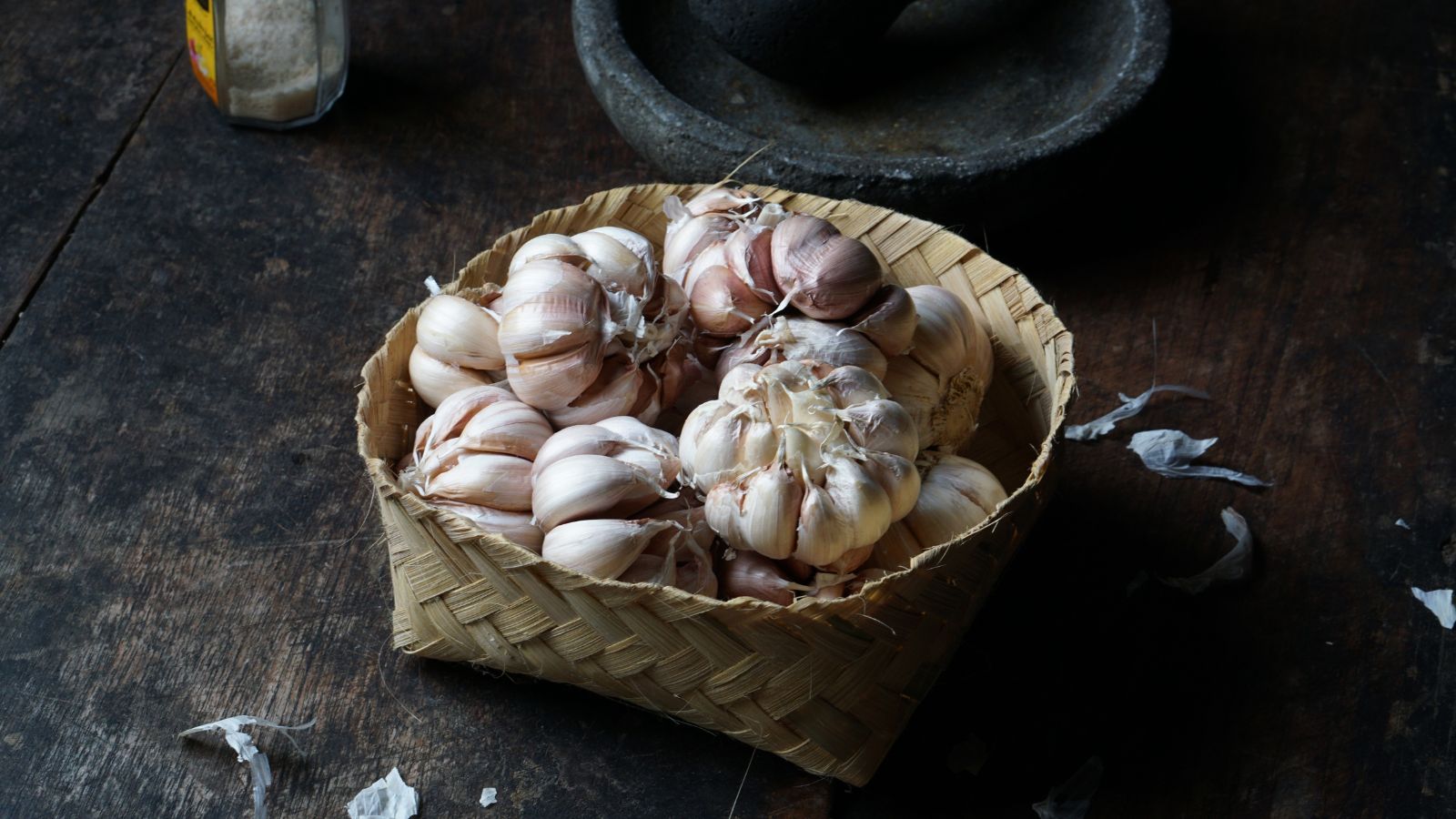
You probably know garlic for its ability to enhance the flavor of almost any dish. However, it’s also packed with countless health benefits. This potent ingredient contains compounds like allicin, which can help reduce blood pressure and support heart health. It’s also known for its immune-boosting properties, making it especially valuable during cold and flu season.
